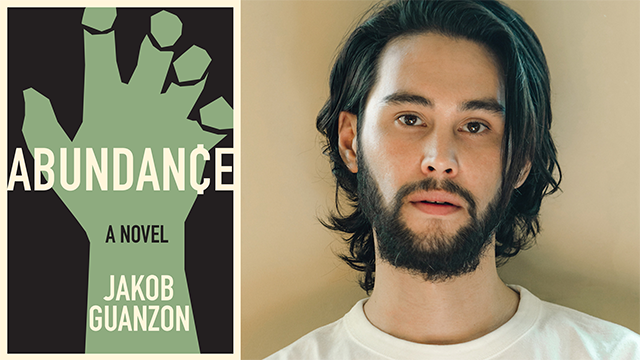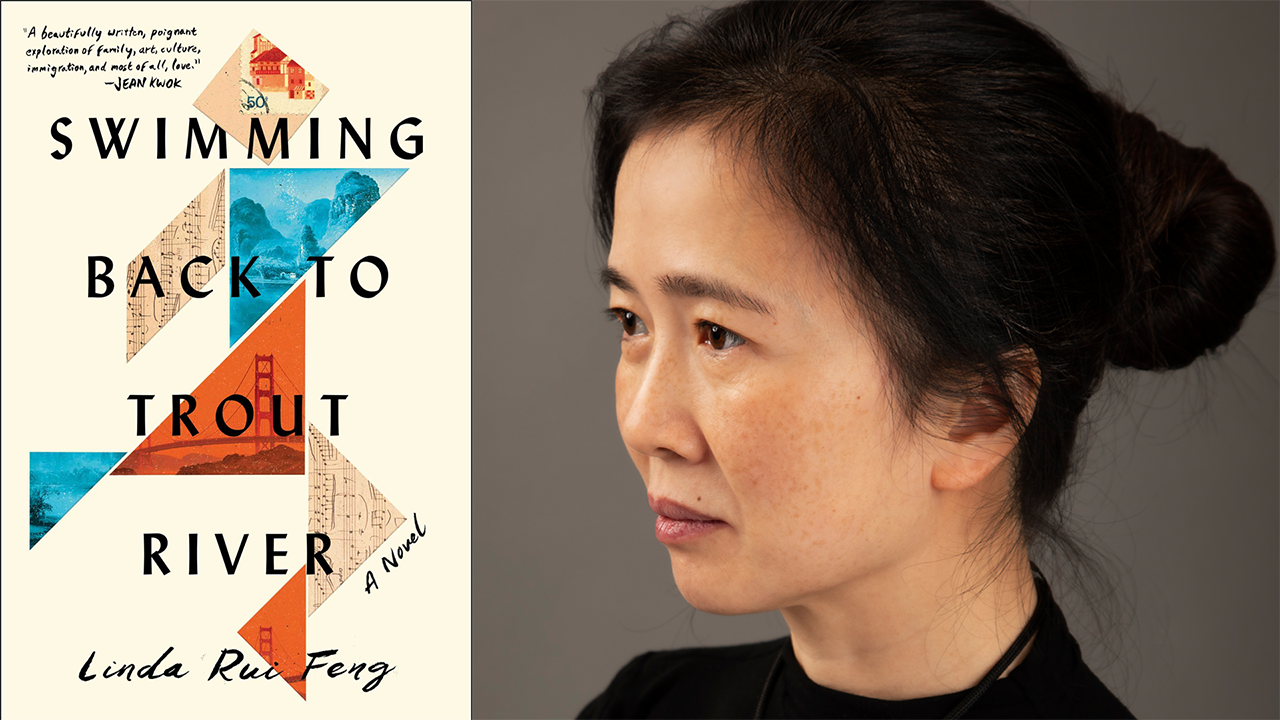In November, Aspen Words announced the longlist for the fifth annual Aspen Words Literary Prize, a $35,000 award recognizing a work of fiction that addresses a vital social issue. The selected books explore questions of freedom and identity, exile and belonging, and are set against the ravages of colonialism, consumerism, and classism. While the jury works on selecting a shortlist, Aspen Words chatted with the nominees about their work, how they view their role as a writer in this cultural and political moment, and the best piece of writing advice they’ve received.

Jakob Guanzon was born in New York and raised in Minnesota. Abundance is his first novel. Set in an America of big-box stores and fast food, the book trawls the fluorescent aisles of Walmart and the booths of Red Lobster to reveal the inequities and anxieties around work, debt, addiction, incarceration, and health care in America today.
How do you view your role as a writer in this cultural and political moment?
I’ve always thought a writer’s main job is to incite feeling. That alone is a tricky stunt to pull off. Now that I’m starting to get a hang of this feeling-needling stuff, I can actually permit myself the space to consider questions about my role in a broader cultural context. There’s a whole lot of responsibility that comes with having a platform, which is entirely new and rather scary to me. The charge to bear witness strikes me as a worthwhile cause, but nowadays anyone with a smartphone has the power to do this, too, which is a phenomenal development for democratic societies. However, what remains unique about narrative fiction is the degree of intimacy that this form allows between writer and reader. It involves the trust and proximity that you’d find in the strongest of friendships, the most meaningful of which, I believe, are a source of mutual growth and learning. To that end, I’m coming to view my role as both a confidant as well as that of an old buddy who nudges you to look at things from a fresh angle, to poke holes into certain notions you may have taken for granted.
What inspired you to write Abundance?
Money. In a nation of strivers and dreamers, money serves as a handy metric for each of us to track our individual progress, but things get ugly when we assume these terms can crunch out reliable assessments of our human worth. In more and more cases across this country, it seems that no amount of personal bootstrap pulling can get the working poor ahead of the myriad economic and cultural forces that ultimately dictate their access to opportunities. I worked as a manual laborer for seven years, alongside friends who to this day are still digging holes and breaking their bodies for starvation wages. We’d all grown up in similar situations, yet the privileges of higher education punted me onto a very, very different path. It’s been hard to get my head around, but the process of writing Abundance has helped.
What is the core tenet of your book’s philosophy?
The core tenet driving the book might best be framed as a question: What happens to your average, hard-working American—born into a nation of such material, well, abundance—when even the most basic needs of survival remain beyond their budget? How does that person reconcile everything they’ve ever been told about the greatest country on earth with their apparent inadequacy? Then, I would hope, the questions that follow are on the reader, starting with what does it mean when a society as wealthy as ours lets its neighbors struggle and its children starve?
What’s the best piece of advice you’ve received on writing fiction?
That you are your own first reader. At first glance, it’s just a rephrasing of Toni Morrison’s advice to write the book that you want to read. However, this version, from my professor Ben Metcalf, has helped me slog through the earliest, most grueling drafting phases, when a scene, much less an entire book, feels impossible. It encouraged me to relish in the granular, sentence-level work, and also to just scrap the duds quickly. After all, if those earliest sentences you’re toiling over and chiseling away at aren’t pleasing you, your own first reader, then the odds of them tickling a stranger are slim to none.
What are you currently reading?
Right now I’m in the middle of Hermoine Hoby’s Virtue, Mina Seckin’s The Four Humors, and Revolutionary Suicide by Huey P. Newton. All are stellar, as was Farah Ali’s debut collection, People Want to Live, which I haven’t stopped thinking about.


